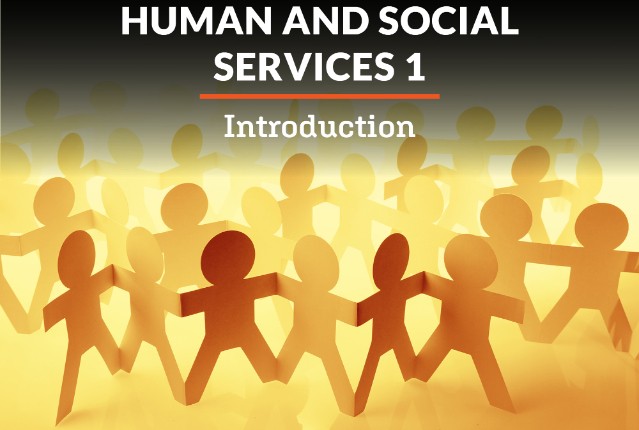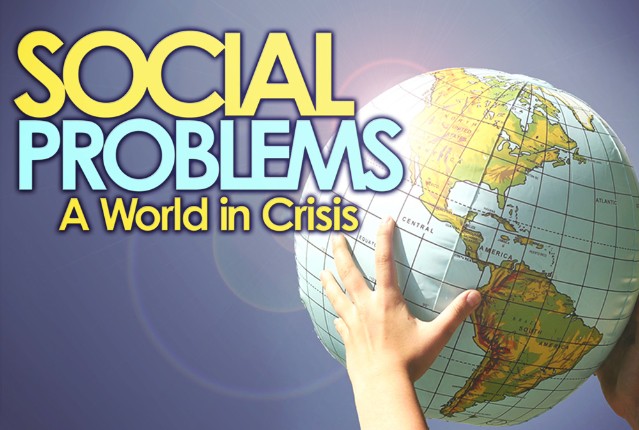Human and social services is a field of work that encompasses a broad range of goals, tasks, careers, and clients. In general, human and social service workers are focused on providing resources and aid to people with all kinds of needs, as well as providing access to resources that benefit society in a larger sense. This field is interdisciplinary, meaning it requires knowledge in psychology, sociology, and anthropology in order for one to be effective. There are many reasons to go into the field of human and social services, such as making a difference, helping others, and fighting for social justice. Large, federal agencies oversee local and state agencies to focus on the goal of helping those in need and providing resources or services to struggling communities, or by providing resources to the general public.
What will you learn in this unit?
- Understand the need for, and explain the goals of, human and social services
- Identify and describe the academic disciplines involved in the field, as well as analyze why these disciplines are important
- Discuss and explain the reasons one might choose to work in the field of human and social services
- Distinguish the difference between federal and local agencies, and describe their responsibilities
- Explore the difference between human service professionals and social work professionals, providing examples of each



